Does physical health affect work and business?
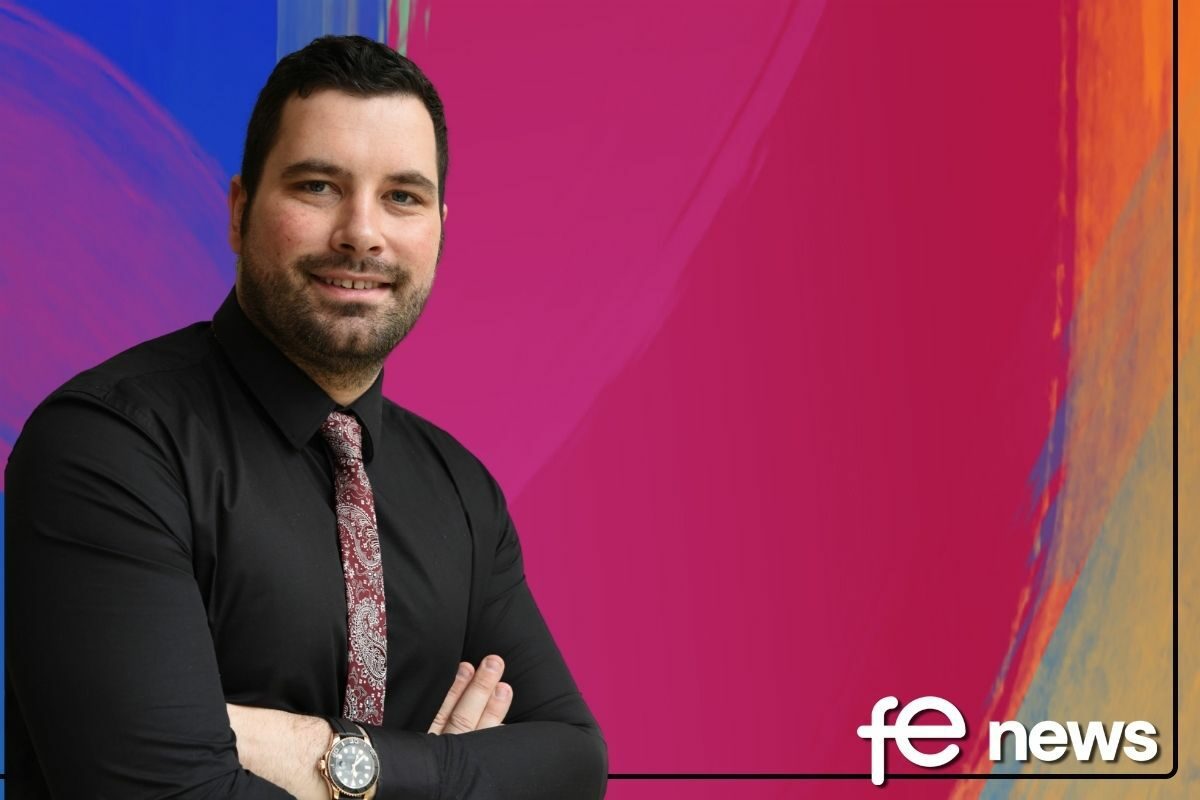
#eLearning Entrepreneur John Loveday shares his story of losing 8 stone and scaling his education business.
Health and Wellbeing is key to success.
When you start a business or a new role in the education sector, there are various areas in which you may choose to establish yourself or your start-up, based on your skills, knowledge, experience, and even your passion. Your health and well-being impacts every area of your life, particularly your business or job and ultimately its destiny for success.
Back in January 2020, I had enabled my health to take a dive whilst my weight skyrocketed. A combination of events led to this, I will cover some of them in this article and how I managed to turn it around. Firstly, look at the images below. The image on the left was in January 2020, I am smiling but deep down I wasn’t happy. I had been struggling for some time, simply keeping my head above water and firefighting what seemed like an endless barrage of horrendous events. The image on the right was taken 17 months later, I was just shy of 8 stone (112 pounds) lighter.
For now, let me tell you what led me to being over 24 stone in weight.
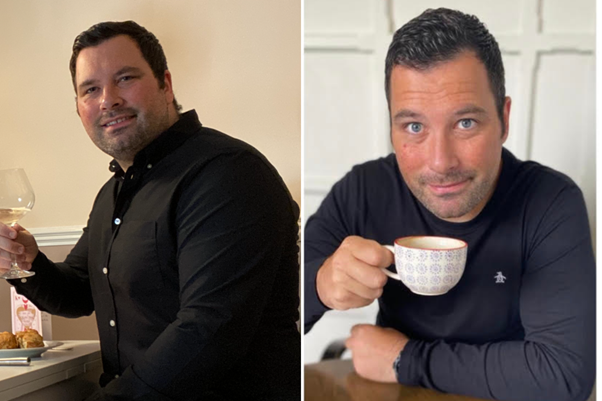
Becoming healthy and dealing with the toughest year of my life
“The toughest year of my life” sounds dramatic, especially during a period that the whole world was struggling, however, personally it was a very tough period.
It was January 2020 and I weighed in at 24 stone 6 pounds. What had caused this? It’s hard to say specifically, but maybe dealing with all of the following (at the same time) had something to do with it:
- I had to restart my online training business after two individuals stole all our clients, resulting in us having to start a new company and build Study Academy from scratch (all of the clients are now back with us and we are back on track)
- I went through two crown court cases to ensure an horrendous human being (my father) was found guilty of a crime that can’t be forgiven against my daughter of 9 years of age at the time.
- I was raising investment for Toppa (you know how stressful that can be)
- I was going through a custody battle to get access to my youngest daughter as she was experiencing severe neglect.
- We (my business partners and I) we’re scammed out of a 6-figure sum by a guy that’s now in prison for fraud.
This was all in the space of 10-12 months!
It impacted my businesses; it impacted my personal life and it impacted my health. Not just the things mentioned but my weight also exacerbated things physically and mentally. So, I decided on the 6th Jan 2020 to lose the weight. By June 2021 I weighed in at 106.6kg’s (16 stone 7 pounds). I had lost almost 8 stone!
The impact of being healthier and how I achieved it
The impact of turning my life around?
- My motivation was through the roof, positively impacting my businesses and enabling us to close 6 figure investment and secure multiple corporate clients needing off-the-shelf eLearning.
- My aches and pains (most of them) had gone, I was able to get back to fitness and even re-joined the armed forces as a reservist.
- I achieved a 5km run time of just over 20 minutes and completed an arduous special forces march over Pen Y Fan in Wales
- I rebuilt my original online training business under new branding called Study Academy and we’re still building!
- I started to see the world in a better light and noticed little things such as nature (random I know)
- I met new people and even started a new business Stoic Events with Special Forces Veteran Colin MacLachlan.
So, for me, I think your physical and mental well-being has a huge impact on your professional life but also on your personal life. I have looked back and asked myself what it was that enabled me to get through those terrible events. The things I did are what I believe to be simple and effective ways to help yourself – and others – to feel better and get through those tough times.
There are 3 things that stood out:
Get moving in a way that you enjoy
For the first 4 months I didn’t run or lift a single dumbbell. I just walked every day when I had chance. I stuck to scenic routes around the midlands as much as possible and listened to podcasts that had nothing to do with business or work. Something that took my mind away from all of the things I was dealing with. That short period of an hour or two not only gave me a chance to switch off, but it was also enabling me to burn over 1000+ calories. I enjoyed walking, although my former military self would niggle away at times with “walking isn’t an exercise, you should be running as hard and fast as you can”. It drastically reduced my anxiety and it helped shift the weight. By finding an activity that you enjoy, you are less likely to quit after the first week. Once you pick your activity, make it part of your daily routine. I felt walking outdoors got me to a solid base level for the day ahead and it felt like the day then owed me, not the other way around. I lost over 2 stone in the first few months by simply walking, consistently, every day. I can guarantee you that if you move more and do it outside, your physical and mental health will drastically improve.
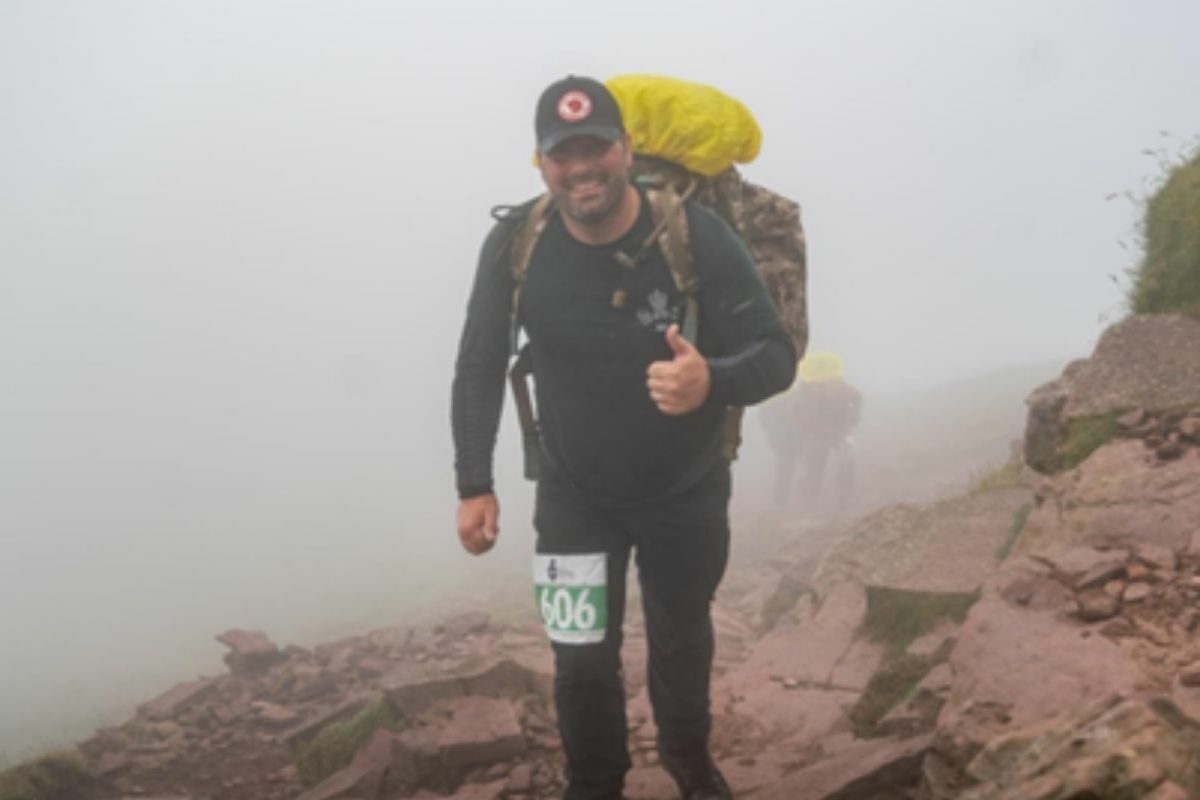
Let yourself and your team say ‘no’
Get into the habit of recognising the importance of turning things down occasionally will take huge pressure off you and your team.
Being able to say ‘no’ is an important skill to develop, it will take huge pressure away from you and enable you to focus on things that are helping you towards the better version of yourself. As I was dealing with all the events mentioned earlier, I was still smiling and pushing on. To others on the outside, I was happy, albeit chubbier, and I was driven. That wasn’t the case!
People would offer me mentoring roles, shares to get involved in businesses and even small things such as invites to social events became a common occurrence. All of which I was saying ‘yes’ to doing, every time. As soon as I started to politely say ‘no’, the pressure lifted. I would purposely try and get full clear days in my diary to enable me to catch up with work or simply switch off. We all struggle to say no, there will be times when a ‘yes’ is needed but select those times carefully. A final note on this, if you’re a manager or leader, enable your team to feel comfortable saying ‘no’. If you’re close to burnout, they most likely will be too. I understand that sometimes of the year are busier than others, so make sure the boundaries you set for yourself, and your team reflect that reality.
If it helps, I would explain why I was turning things down by being honest, “I am sorry, it sounds like a great opportunity, but I am so busy currently that I wouldn’t add value. If I do something, then I do it 100% and I wouldn’t want to let you down or get involved to then not be able to give you my 100%”. You will be surprised at how many people don’t fall out with you or get offended by politely turning things down. Give it a try.
Use past experiences to overcome current situations
I had never been through the things that had happened to me over that 12 month period. I had no way of referring to a coping mechanism or solution. What I did have was my former military training and experience. During my successful 7 year military career I had served in some of the most diverse and hostile environments across the globe. At times commanding teams through some of the fiercest fighting the British Army has seen to date. Understanding this enabled me to draw down on the skills I used during those tough operational tours and use them to deal with what was happening during those 12 months.
In the military you build resilience and harness a mindset like no other. I had been in hair raising situations in Iraq and Afghanistan and used my training, humour in the face of adversity and the people around me to get through it. How could I translate that to civilian life? Firstly, I clearly still had the resilience to deal with what was happening without breaking mentally (although I was very close). The resilience improved when I looked back on situations that had been worse than what I was dealing with currently. I would think “If you can get through being blown up in Afghanistan and losing friends, you can get through this”. I appreciate most of you reading this will not have been in situations like this, however, when you or your team are struggling, think back to an event that was tough and think about how you got through that.
I also decided to start logging how I was feeling and my daily activities. At the end of each week, I would reflect on the good and bad days to identify common themes. If I missed my walk that day, I would feel less motivated or the days that I met with certain people I would feel great. I then cross examined that information to add and cut things from my routine and life until it became almost subconscious. I was training myself like my military days, training myself to be happier and healthier.
Finally, I would try to find humour in the days or occasions that things were tough, just like being shot at in my military days, we would all find the funny side of it. Having humour in the face of adversity makes a situation or hazard seem less serious in the mind of an individual. Use the people around you to source humour and support. I am terrible for compartmentalising things and not sharing them, as soon as I did start sharing, I found that things felt better. The old saying of “a problem shared is a problem halved” is very true.
We all have bad days. What really matters is how we deal with it. Allow yourself time to see the situation objectively and if you take just one thing away from reading this let it be that every situation in life is temporary and that you can beat it. I hope this helps you.
Thank you for reading
By John Loveday, CEO, Co-Founder & Shareholder, Study Academy, Toppa, Stoic Events and Glider Yachts
Connect with me on LinkedIn




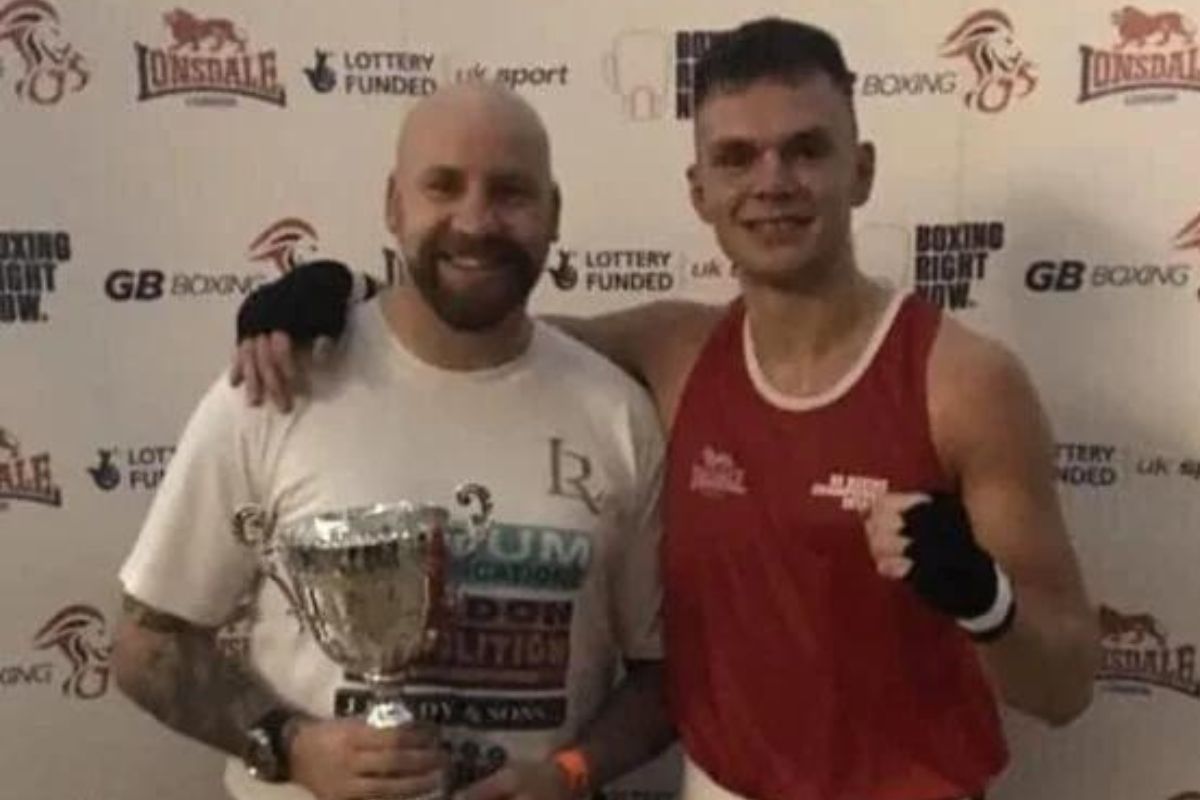




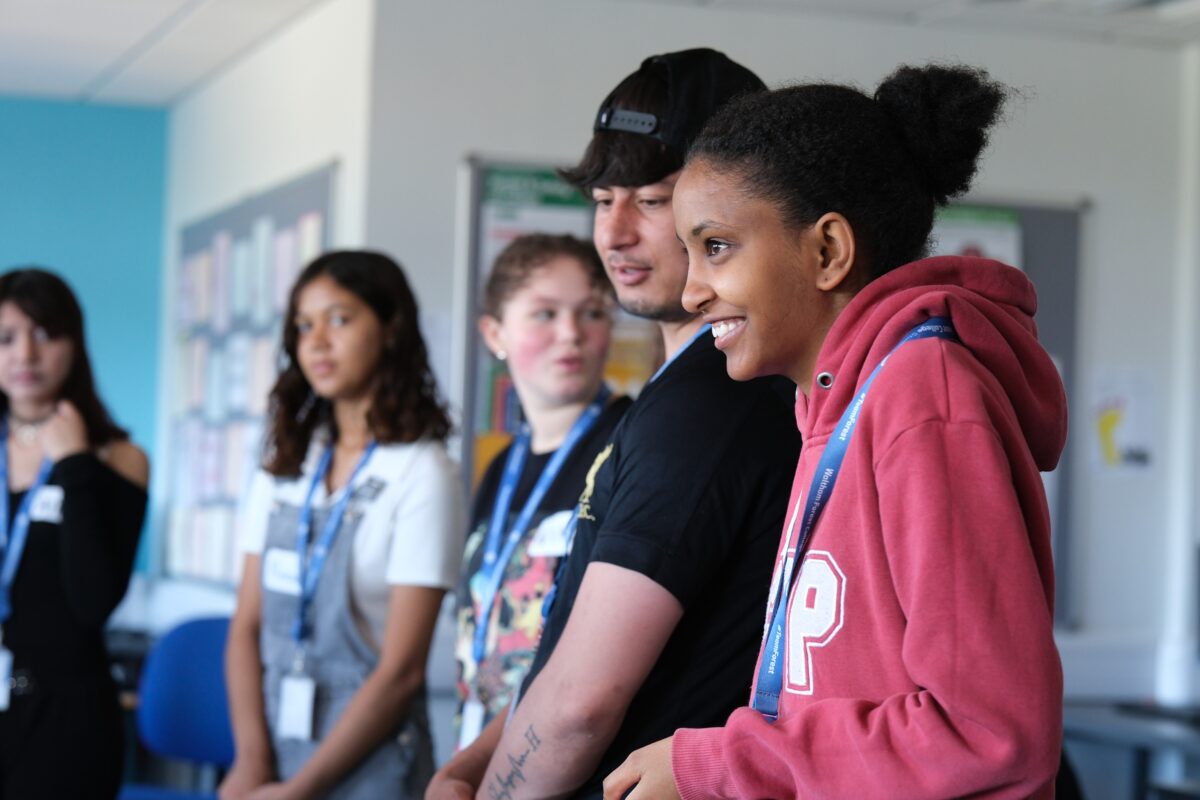
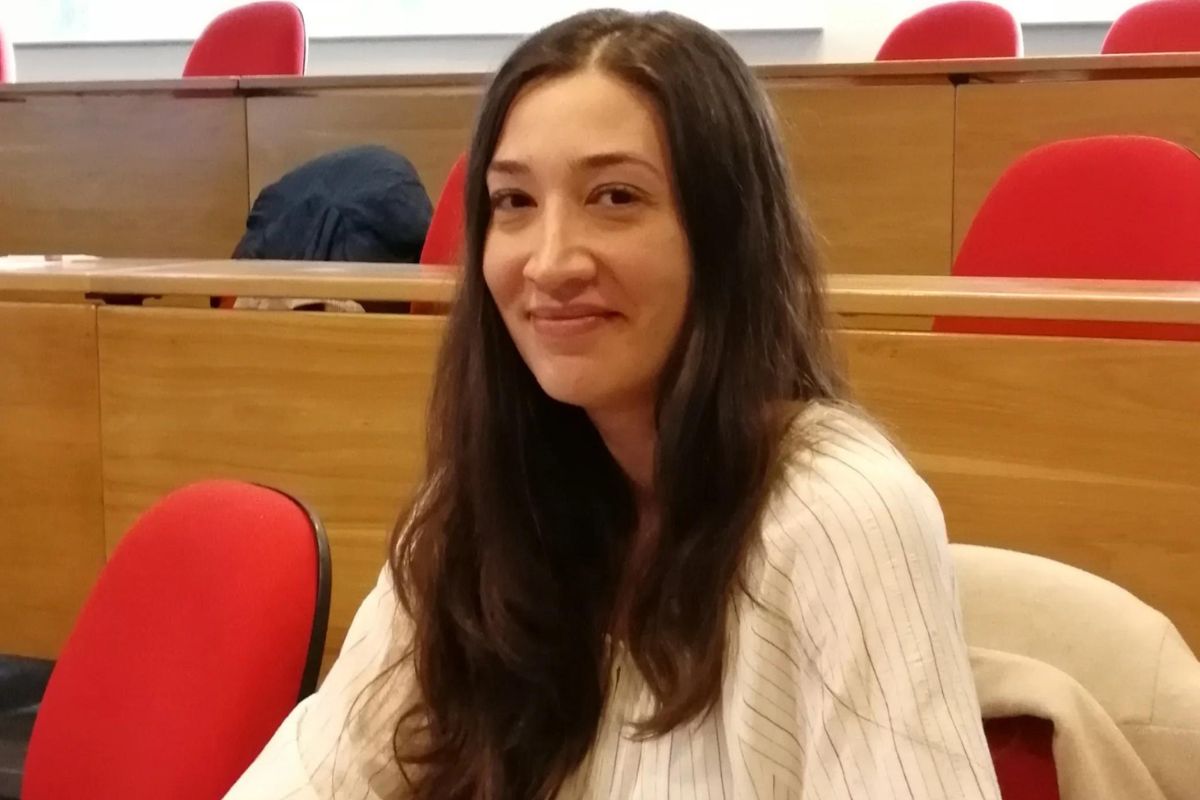
Responses